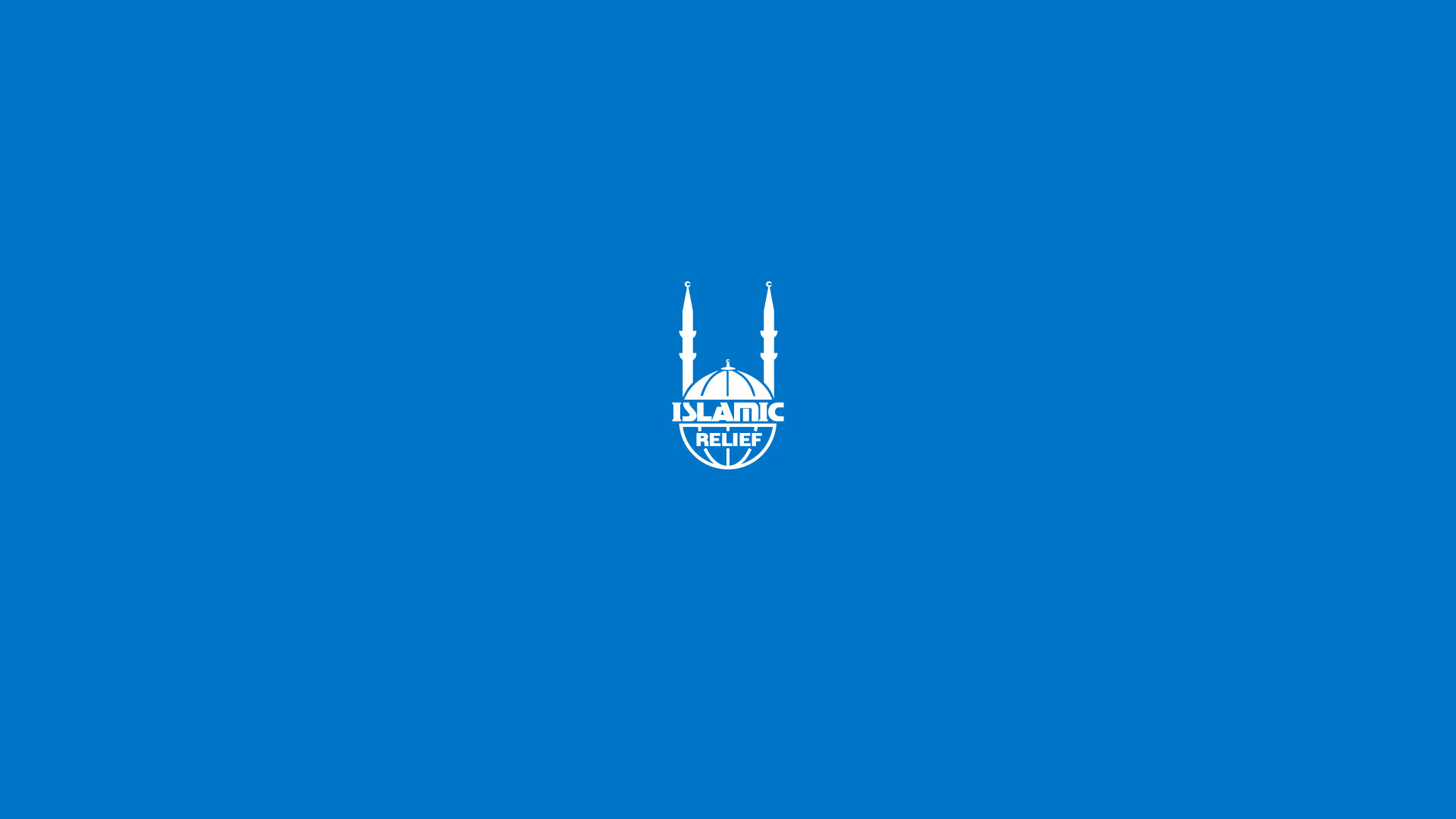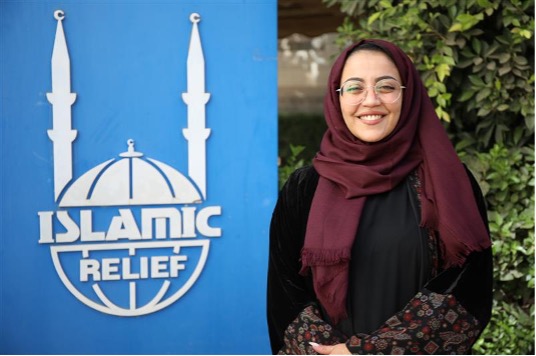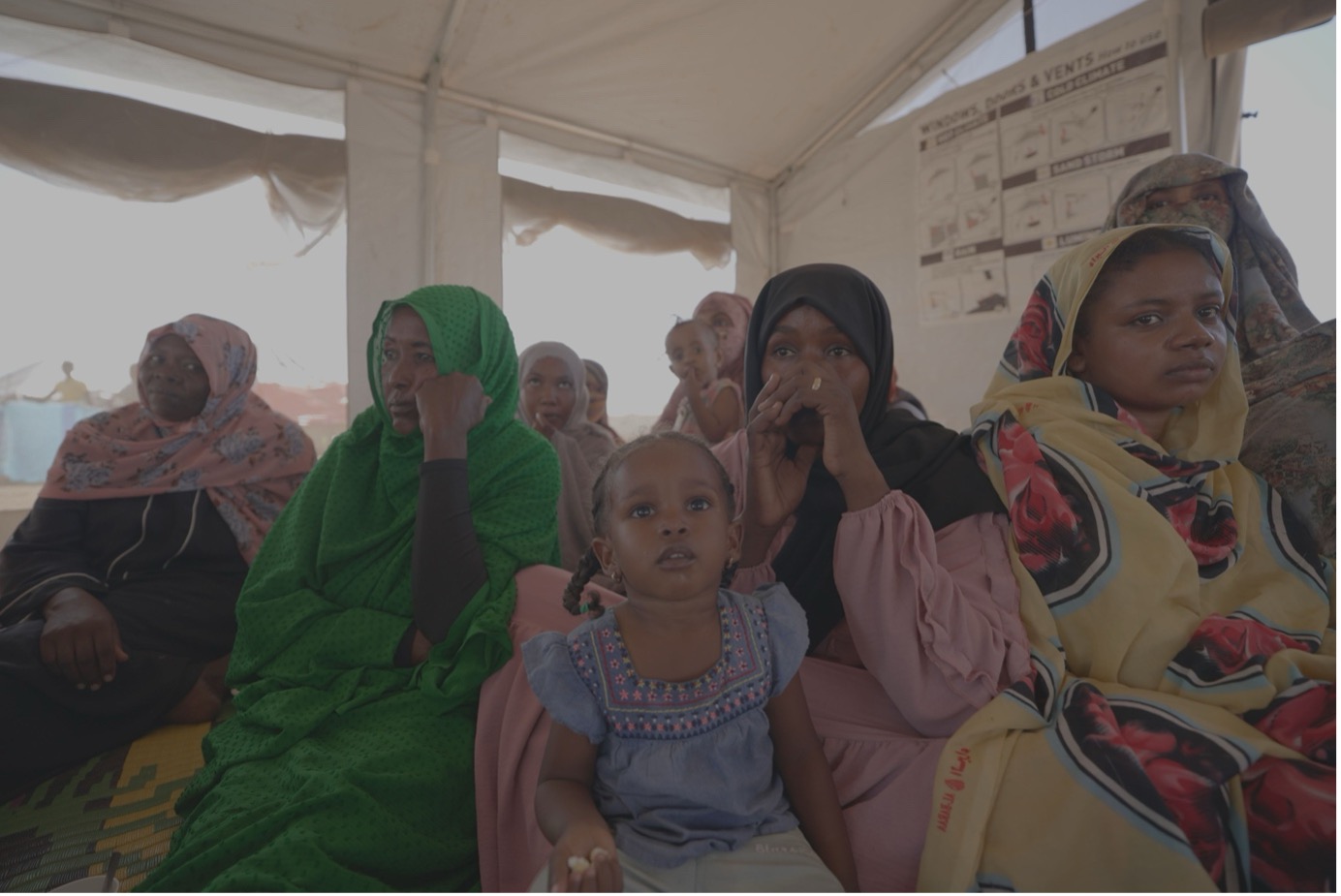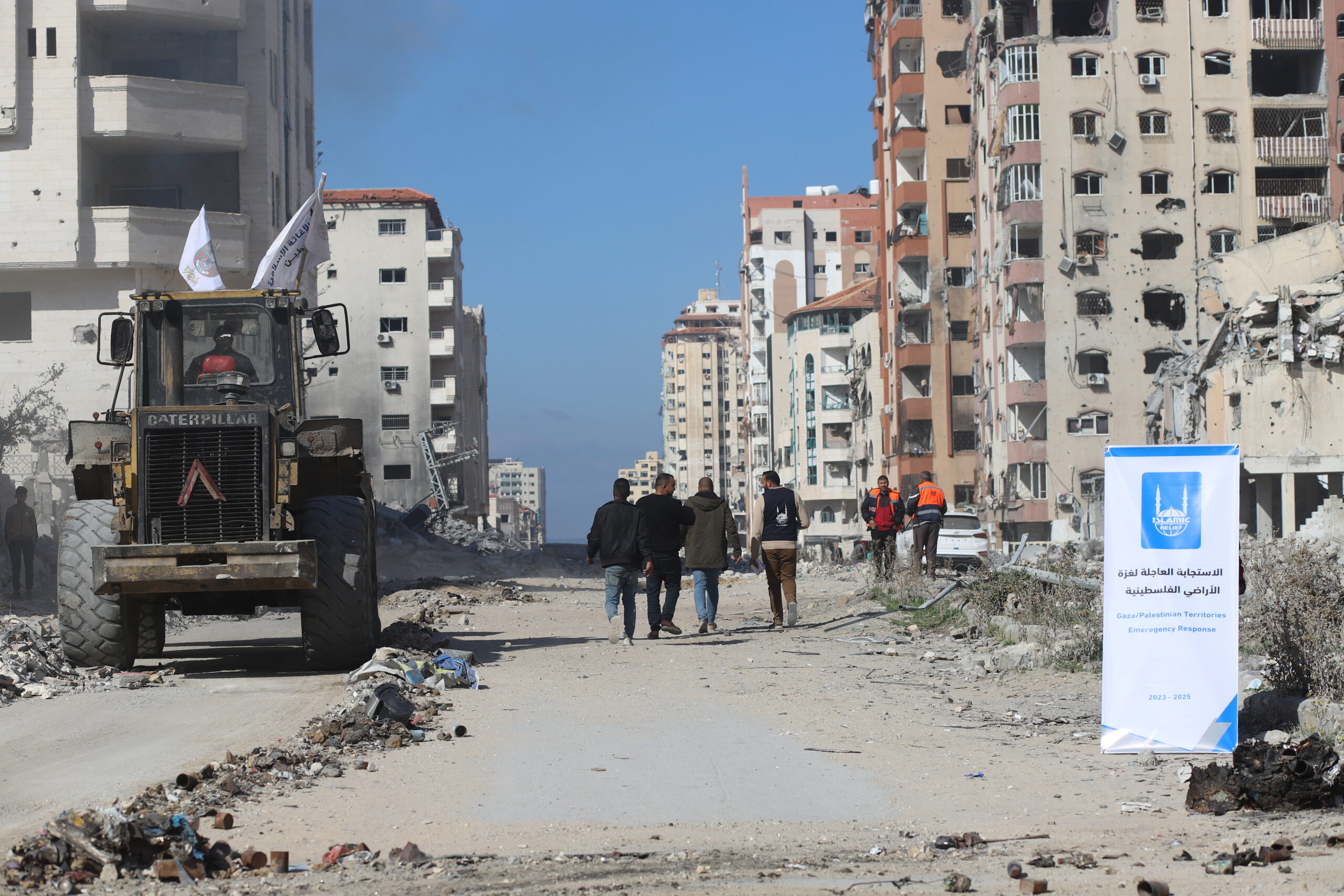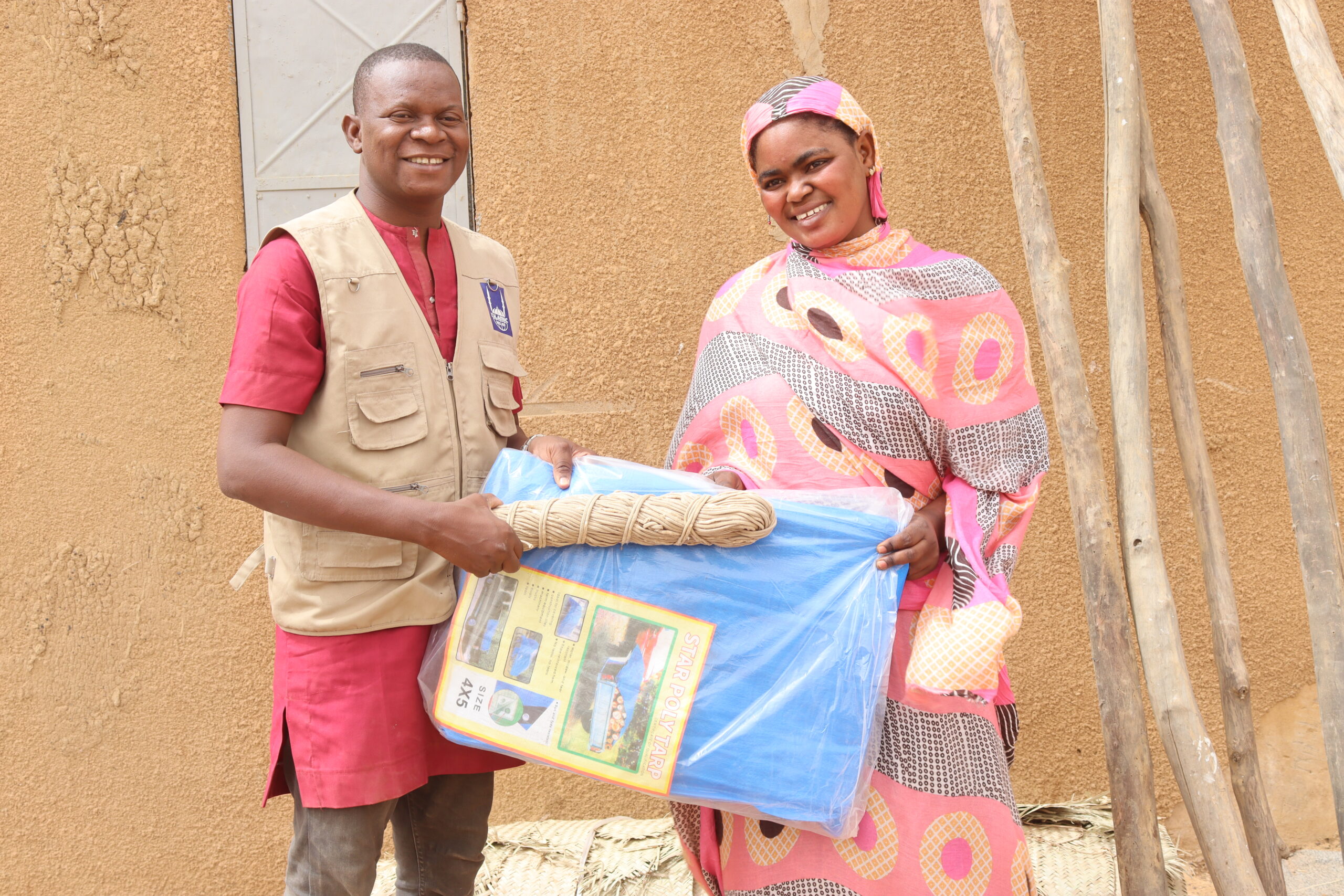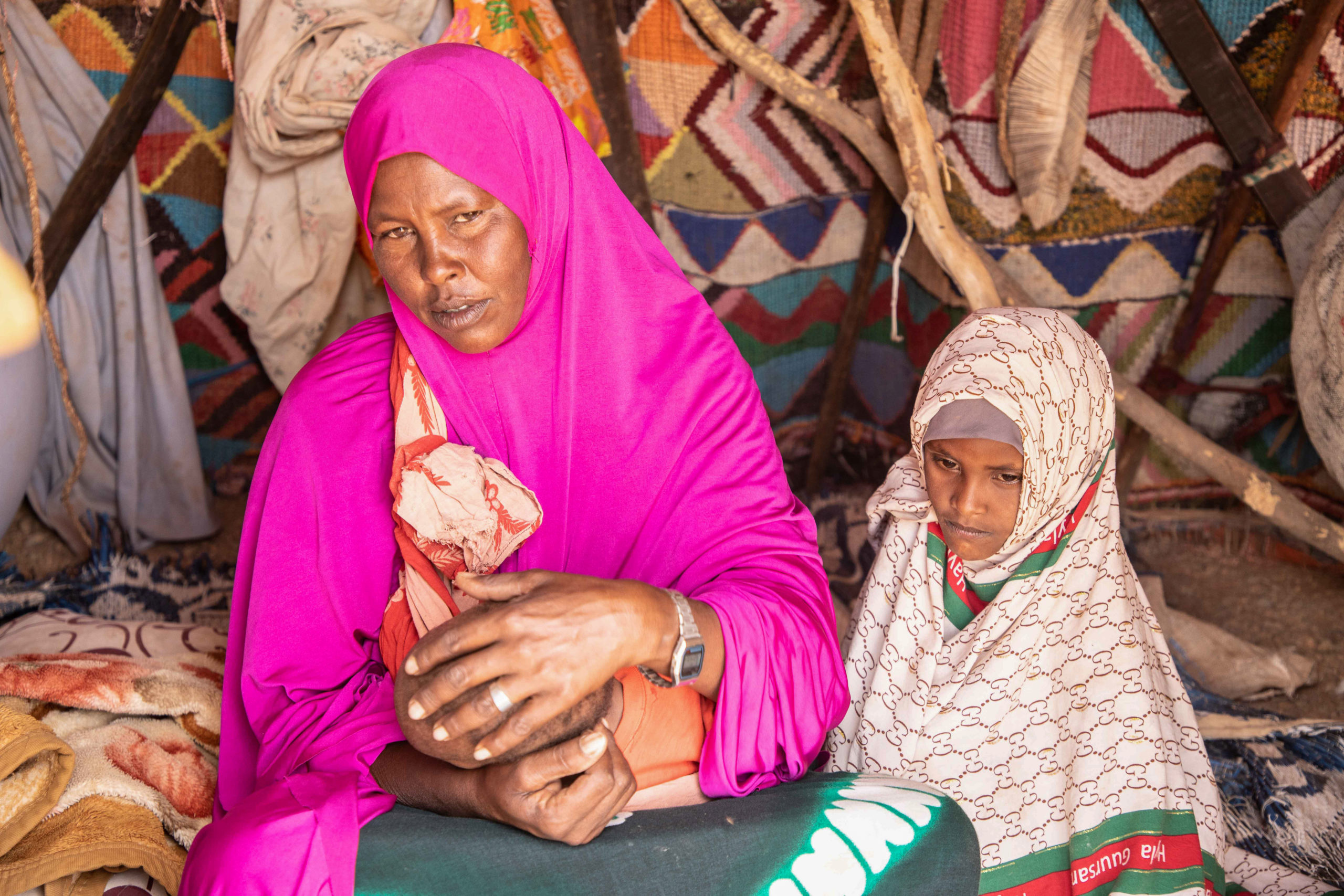
10.28.22
Catastrophic Food Insecurity Takes Its Hold on the Horn of Africa
More than 37 million people are facing worsening acute hunger as populations in the Horn of Africa are only marginally able to meet minimum food needs.
According to the Integrated Food Security Phase Classification scale, tens of millions within the region, including approximately seven million children under the age of five, are in crisis, facing severe magnitudes of food insecurity and acute malnutrition, with numbers growing at an alarming rate.
A region dangerously close to famine
Rising conflict, climate extremes, economic instability aggravated by the lingering impacts of COVID-19 and the ripple effects of the war in Ukraine are among the key drivers for food insecurity in the Horn of Africa. But the worst and longest drought in decades has brought the region’s hunger crisis even closer to the brink of famine.
With the region having barely seen a drop of rain since 2020 and a predicted fifth failed rainy season in a row on the horizon, water scarcity from the worsening drought has led to poor harvests and livestock deaths. These failing harvests and dying livestock, as the main source of people’s livelihood, have left food prices spiralling out of control and vulnerable populations, especially women and children, at increased risk of resource-based and intercommunal conflict.
Populations are struggling to access basic needs
The severe food insecurity has caused hundreds of thousands of people, especially from the worst drought-hit communities in Ethiopia, Kenya and Somalia, to migrate in search of sustenance, walking long distances in scorching summer heat. Starving and vulnerable families are trying to reach camps that are already struggling to distribute adequate food and other resources, all while losing their young children and elderly to hunger and thirst on these journeys.
This large-scale displacement has also been accompanied by a deterioration in hygiene and sanitation. Even in camps, families struggle with a shortage of facilities to keep clean. Medical supplies are also scarce, leaving healthcare centres overwhelmed by severely malnourished children with medical complications and rising outbreaks of infectious diseases such as cholera, measles, and malaria.
But as malnutrition and displacement in the Horn of Africa only increase, populations will become weaker and more vulnerable to disease, especially children, for whom the combination of malnutrition and disease can prove fatal. People are in desperate need of food security, to prevent the current crisis from forcing them to choose between their basic needs.
Humanitarian action is critical to preventing starvation and death
The United Nations is calling for urgent and targeted humanitarian action from our governments and the international community to prevent the food crisis in the Horn of Africa from turning into a health crisis.
While short-term relief is needed to save lives, protecting people’s livelihoods and restoring their dignity are also required to prevent famine in the region, especially as worse crises are predicted to hit the Horn of Africa in the future. Without an adequate humanitarian response, morbidity and mortality will continue to increase within the region, as emergency conditions force people to modify their health-seeking behaviour and prioritise access to life-saving resources such as food and water.
Islamic Relief is responding to the hunger crisis
So far, we have helped more than 167,000 people across the Horn of Africa, but much more is needed. We are providing people with vital food, clean water, cash and medical supplies. We are making sure camps have adequate shelter, food and water storage and trained medical staff to allow populations to not make the impossible choice between sustenance and healthcare.
Thanks to the generosity and kindness of our supporters, Islamic Relief Australia have been able to help some of the most vulnerable people at this critical time, but the response needs to be scaled up. We need to deliver more aid and sustainable solutions to ensure the population is prepared for future climate-induced disasters and crises. The world must not wait for famine to be declared before helping people who are starving right now.
Help us prevent famine and mass deaths
The Horn of Africa is suffering from its worst drought in 70 years. Livelihoods have been ruined, millions of children are malnourished, and people are dying from hunger. Your donation will help us provide food and water to those who need it most.

